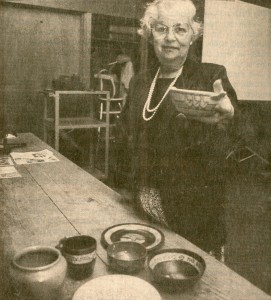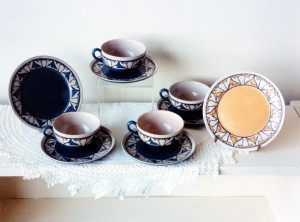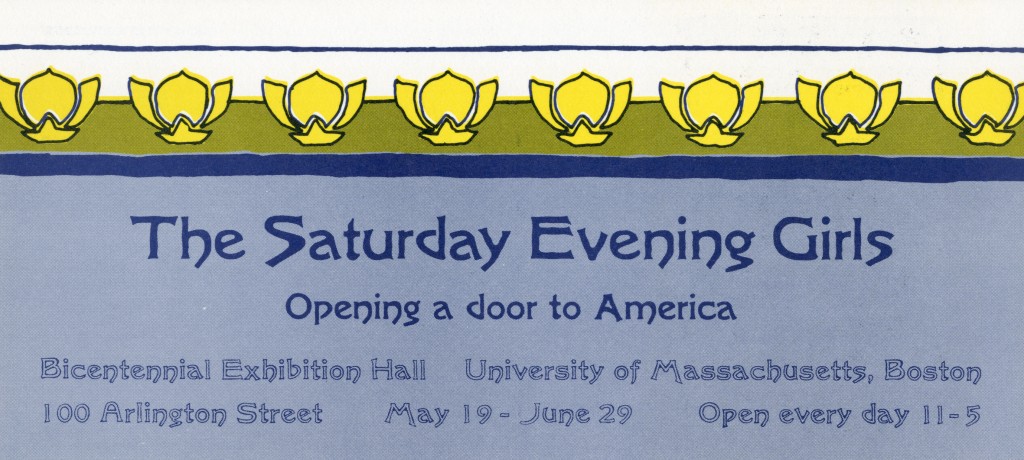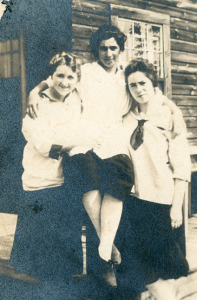University Archives & Special Collections in the Joseph P. Healey Library at the University of Massachusetts Boston is pleased to announce that the records of the Eastern Massachusetts Older Women’s League (OWL), 1988-2015, have been processed and are available for research.
This collection documents the activities of the Eastern Massachusetts Older Women’s League. Materials consist of files kept by staff and include by-laws, conference planning, correspondence, notes, publications, and ephemera.
Founded in 1980, the Eastern Massachusetts Older Women’s League (OWL) is a nonprofit, nonpartisan organization that conducts research, education, and advocacy activities to improve the status and quality of life of midlife and older women. Many of these improvements were aimed towards women’s access to high-quality, affordable health care, ensuring that all women have the tools necessary to build personal economic security, while advocating for the right of all people to maintain control of decisions affecting their well-being through the end of life.
The finding aid for this collection is available here.
For questions about this collection or to schedule a research appointment, please contact library.archives@umb.edu or 617-287-5469.
University Archives & Special Collections in the Joseph P. Healey Library at UMass Boston collects materials related to the university’s history, as well as materials that reflect the institution’s urban mission and strong support of community service, notably in collections of records of urban planning, social welfare, social action, alternative movements, community organizations, and local history related to neighboring communities.
University Archives & Special Collections welcomes inquiries from individuals, organizations, and businesses interested in donating materials of an archival nature that that fit within our collecting policy. These include manuscripts, documents, organizational archives, collections of photographs, unique publications, and audio and video media. For more information about donating to University Archives & Special Collections, click here or email library.archives@umb.edu.
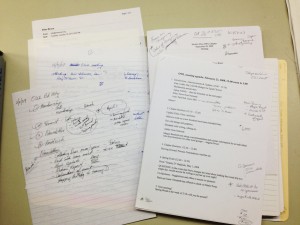
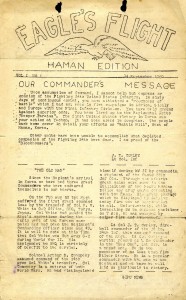
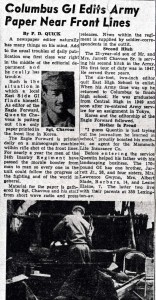





![SC-0040_13-38_pig-undated Pig, undated [circa 1913-1942]](https://i0.wp.com/blogs.umb.edu/archives/files/2015/10/SC-0040_13-38_pig-undated-1pkrjp9.jpg?w=179&h=179&crop=1&ssl=1)
![SC-0040_13-38_goat-undated Goat, undated [circa 1913-1942]](https://i0.wp.com/blogs.umb.edu/archives/files/2015/10/SC-0040_13-38_goat-undated-sj18ua.jpg?w=179&h=179&crop=1&ssl=1)
![SC-0040_13-38_cat-undated Cat, undated [circa 1913-1942]](https://i0.wp.com/blogs.umb.edu/archives/files/2015/10/SC-0040_13-38_cat-undated-2gc8q86.jpg?w=179&h=179&crop=1&ssl=1)
![SC-0040_13-38_geese-undated Two geese, undated [circa 1913-1942]](https://i0.wp.com/blogs.umb.edu/archives/files/2015/10/SC-0040_13-38_geese-undated-17mch9q.jpg?w=179&h=179&crop=1&ssl=1)
![SC-0040_13-38_cow-and-calf-undated Cow and calf, undated [circa 1913-1942]](https://i0.wp.com/blogs.umb.edu/archives/files/2015/10/SC-0040_13-38_cow-and-calf-undated-2bljnat.jpg?w=179&h=179&crop=1&ssl=1)
